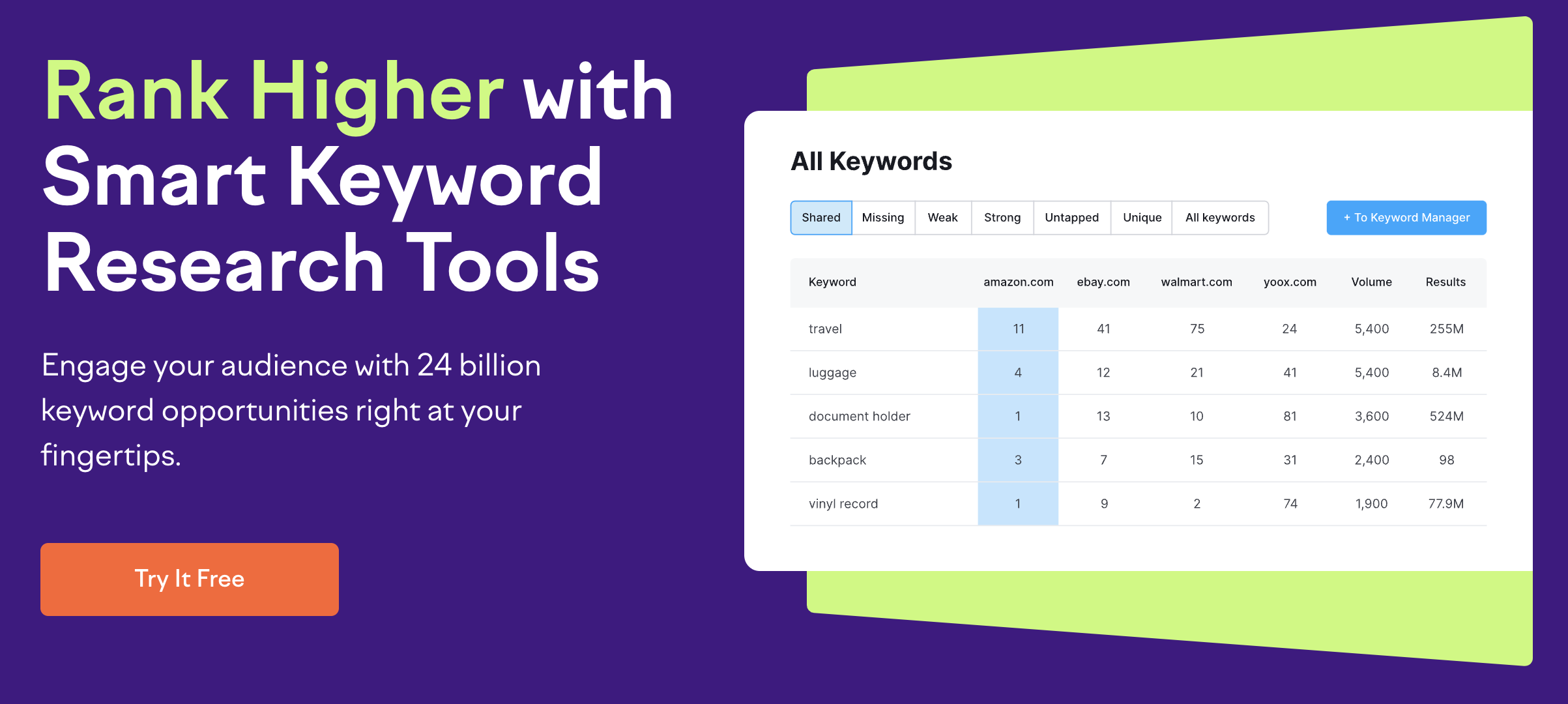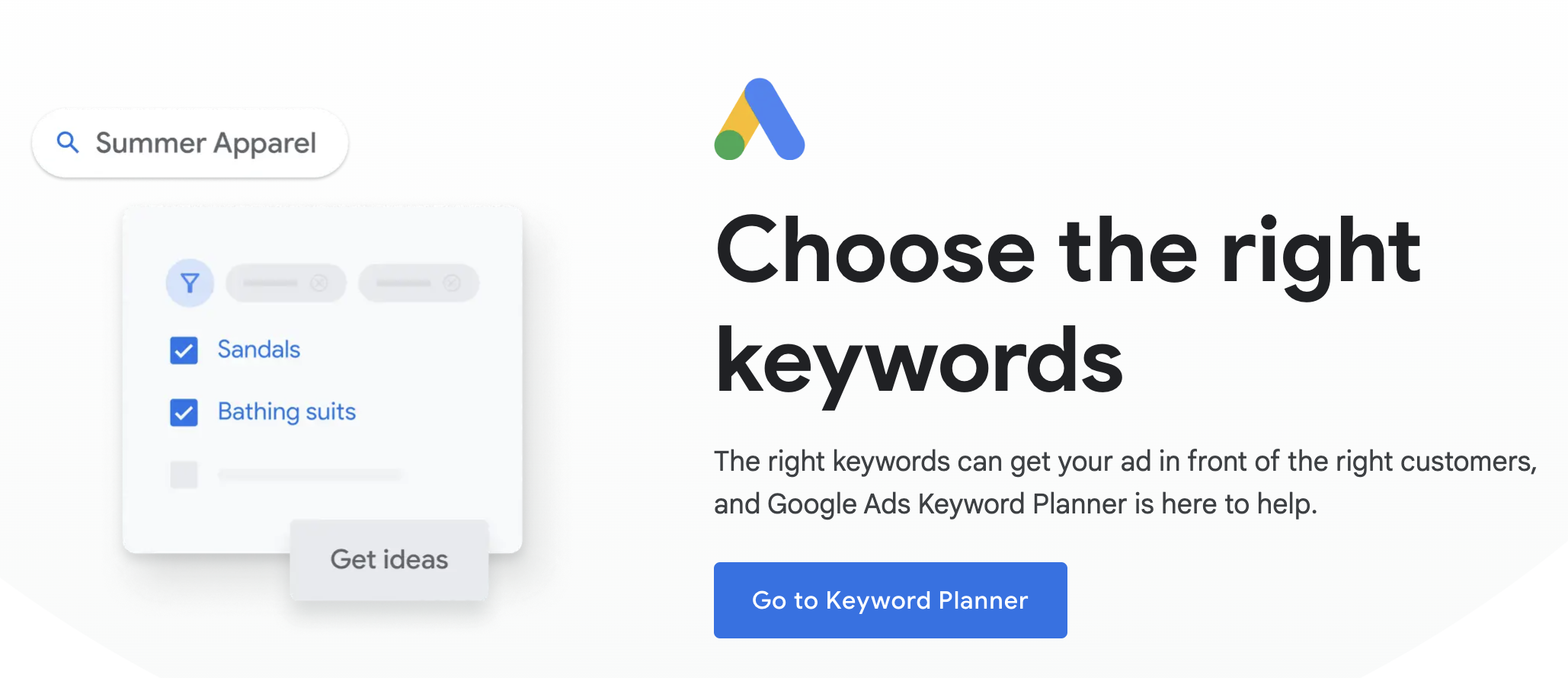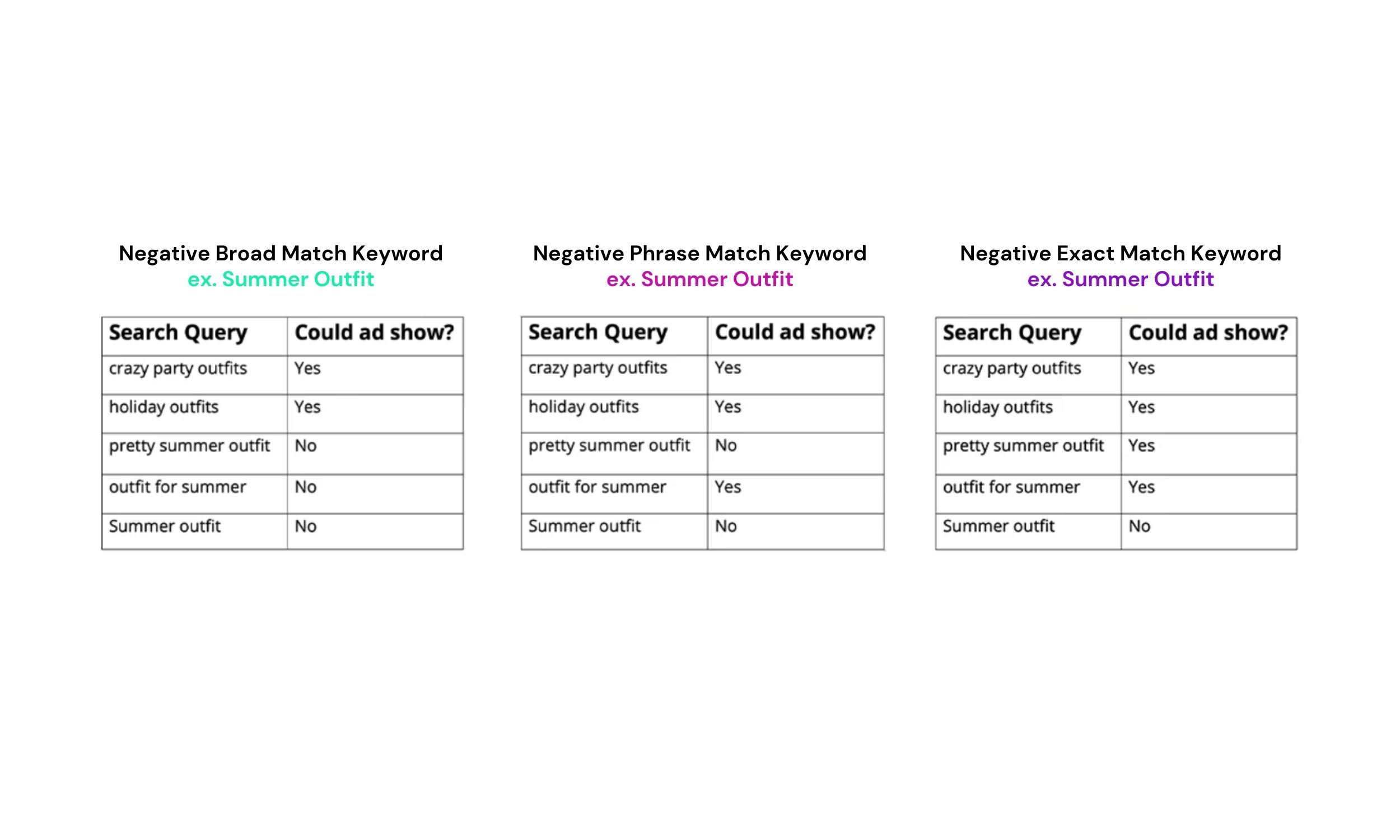How To Pick The Right Keywords for Your Google Ads Campaign
There is so much to say about picking the best-performing keywords for your Google Ads campaign. The right keywords can help create a seamless customer journey from search query to relevant ad to informative webpage to purchasing your product. Here is a quick guide to help you pick the right keywords.
Consider Different Keyword Match Types
Google Ads has three major types of keywords.
Broad Match: This matches your ads to a wide range of related search queries.
Phrase Match: Your ads will appear for searches that include the exact keyword phrase or close variations.
Exact Match: Your ads will only show for searches that exactly match your chosen keywords.
Typically, the more exact the keyword type the higher the cost per click (CPC) because those search results tend to be more qualified and relevant to your product.
I prefer phrases and exact matches when creating my campaigns. While the keywords might cost a little more per click, I find that these keyword types lead to more qualified traffic with a higher chance of conversion.
Focus on Relevance
When starting your keyword list, think of what products or services you’d like to highlight most. Prioritize those products or services that have the greatest potential or existing ROI. Try to avoid creating keywords for secondary services that add a lot of value or are overly generic. These keywords can attract unqualified traffic and drain your budget.
Know Your Audience
Once you know what you would like to focus on, brainstorm all of the different ways your clients could describe those products or services. For example, your customers might refer to your custom nameplates as ID tags, asset tags, or panels. Make sure to include terms that your customers use in your keyword list so that you can reach the most qualified users.
Use Keyword Research Tools
Keyword research tools like Google Keyword Planner, SEMrush, MOZ Keyword Explorer, and Ahrefs can provide valuable insights into keyword volume, competition, and variations. These tools can help you rewind your list and discover new keyword opportunities.
Analyze Competitors
Don’t forget to research your competitor’s keywords and campaigns. Tools like SEMrush and SpyFu can provide insights into what keywords your competitors are targeting. This can help you identify gaps and opportunities in your keyword strategy.
Utilize Negative Keywords
Negative keywords help tighten up your search parameters so that irrelevant searches don’t drain your budget. The negative keyword list should include everything from close variant terms that don’t quite match your product or service, to research-based search questions, to cities and states that are outside of your service area.
A couple of examples include:
Adding stainless steel and copper as negative keywords if all you produce is aluminum castings.
Adding ‘what is’ as a negative keyword to cut out searches like ‘what is metal casting’. These general information searches rarely lead to qualified searches and can quickly drain the budget.
Adding Illinois as a negative keyword if you are only advertising in Texas. Your campaign location settings should cut out 99% of this type of search, but adding the unwanted locations to your negative keyword list will help with the last 1%.
Track and Optimize
Now that you have come up with the perfect list of keywords, they’re set in stone and can never be changed. I kid, I kid. Remember that keyword selection is an ongoing process. Regularly refining your keyword list based on performance data is crucial for a successful Google Ads campaign. Always monitor your campaign’s performance, analyze the data, and make adjustments accordingly.
If you found this article helpful, follow us on social media to stay updated in the digital marketing world with our key tips and knowledge base articles written by industry experts!






